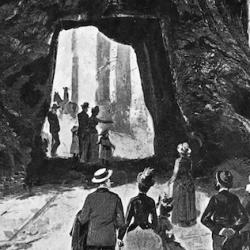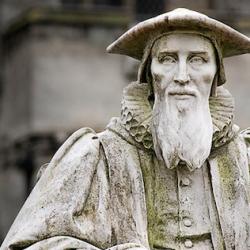I previously commented on RJ Snell’s The Perspective of Love, which offers “natural law in a new mode.” Snell was recently interviewed by Ken Myers of Mars Hill Audio, and the interviewed revealed an important feature of Snell’s natural law theory – its formalism.
Snell emphasized that natural law is a “performance” that has to do with practical reason, and specifically with the structure of practical reason. Everyone makes decisions and acts for the sake of some good. They can argue about those goods and about the ways they try to achieve them. Even when they deny natural law, the fact that they are arguing for the goods they pursue is a sign that they are operating within the natural law.
Formalist natural law isn’t nothing. It’s revealing, and perhaps profoundly so, that we cannot really become thoroughgoing emotivists, that we cannot escape making judgments about good and bad, or even good and evil. That does say something about human nature and morality.
A formalist natural law seems neatly homologous with the formalism of liberal order. By Snell’s account, natural law doesn’t tell us anything much about which goods to seek, only that there are goods and that we inevitably seek what we judge to be goods. Similarly, liberal order is (ostensibly) neutral toward the specific choices of citizens, so long as procedures of freedom and equality and fairness are observed. Natural law doesn’t offer a challenge to formalist liberal order, but seems to present a moral theory that dovetails with liberalism quite well.
That means that formalist natural law cannot provide a framework for adjudicating the moral and political conflicts of contemporary liberal order. If natural law doesn’t tell us substantively what good to pursue, then it cannot inform liberal order, or provide a substantive consensus, about the common good.











